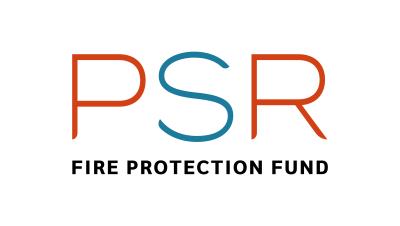Project
ExoPELA - Exoskeletonit pelastusalalla
Project sponsors
Project type
Focus area
Implementation time
1.3.2024
-
28.2.2026
Project unit
Financing program
Fire Protection Fund
UN Sustainable development goals

Project description
Physical work in firefighting and rescue operations causes significant strain on the musculoskeletal system. As workers age, their susceptibility to strain-related musculoskeletal problems increases, posing challenges to their ability to cope with work demands. Additionally, this impacts the entire industry and society at large. New exoskeletons (external support structures or assistive devices) offer a potential solution to reduce physical workload. Currently, there are exoskeletons available for both lifting and carrying tasks, as well as for overhead work. Passive exoskeletons, in particular, have gained popularity due to their size and affordability. While these devices have been tested on a small scale in firefighting and rescue contexts, there is limited research on their suitability.
This project aims to explore the suitability of passive exoskeletons for reducing physical strain in firefighting and rescue work. The project is divided into five work packages:
Work Package 1: Identifying tasks within the field where exoskeletons are applicable.
Work Package 2: Developing expertise among personnel and management in utilizing wearable technology for job tasks.
Work Package 3: Investigating the usability and suitability of exoskeletons in simulated work conditions, including assessing their impact on physical strain (measuring muscle activity, analyzing movement, heart rate, and recovery).
Work Package 4: Implementing targeted exoskeleton interventions in authentic work situations based on findings from earlier project phases. Emphasis will be placed on partially disabled and aging workers.
Work Package 5: Focusing on disseminating and embedding knowledge and results.
The project's newly generated knowledge and expertise will assist in the adoption of work-capacity-enhancing technologies to reduce the physical strain of work. Based on these emerging work practices, significant results can be achieved in reducing musculoskeletal problems (TULES) and work-related absences due to disability.
The results of the project will be disseminated through guides, blog posts and video materials. These results and practices are presented nationally in the final report or recommendations on the use of exoskeletons in the rescue sector.
The implementation of the project is led by Jamk University of Applied Sciences, with Rescue Department of Central Uusimaa as a collaborating partner.
More information:
Toni Pekkola
Project Manager, ExoPELA
Senior Advisor
+358 50 338 2260
